LISTERIA MONOCYTOGENES
By. Najih - 20 Jan 2024.jpg)
Listeria monocytogenes, as a foodborne pathogenic bacterium, is considered as major causative agent responsible for serious diseases in both humans and animals. Listeria monocytogenes is a foodborne pathogen affecting pregnant women and their fetuses, the elderly, and immunosuppressed individuals. The symptoms of the resulting infection, listeriosis, include meningitis, central nervous system infection, stillbirths, abortions, premature labour, and septicemia.
Listeria monocytogenes can grow over the temperature range of −1.5 to 45 °C, with an optimum between 30 and 37 °C. Raw, smoked or cured fish products and seafood such as sushi, sashimi, oysters, cold or hot smoked fish (e.g. smoked salmon) and cured fish (e.g. graved salmon) are frequently contaminated with listeria. Listeria is an environmental contaminant which has been isolated from marine and fresh waters, as well as various seafoods. The pathogen, L. monocytogenes, does have a certain degree of heat resistance.
Steps to reduce the risk
To reduce the risk of listeriosis, it’s important to:
- keep foods cold until you are ready to eat them - make sure your fridge temperature is set at 5°C or below.
- refrigerate foods as soon as possible after purchase
- eat ready-to-eat foods within four hours of removing them from the fridge
- always eat, cook or freeze foods by their use-by date. Foods after their use-by date may look and smell fine, but they could be unsafe and make you ill. You cannot see, smell or taste bacteria that causes foodborne illness.
- always follow the storage instructions, including those for opened foods, provided on the label. If there are no instructions, use opened foods within two days.
- keep raw and ready-to-eat foods separate to avoid cross-contamination
- follow the cooking instructions on packaging when applicable, and cook or reheat foods (including frozen vegetables) until they are steaming hot right through
- wash your hands regularly with soap and water before, during and after meal preparation
.jpg)
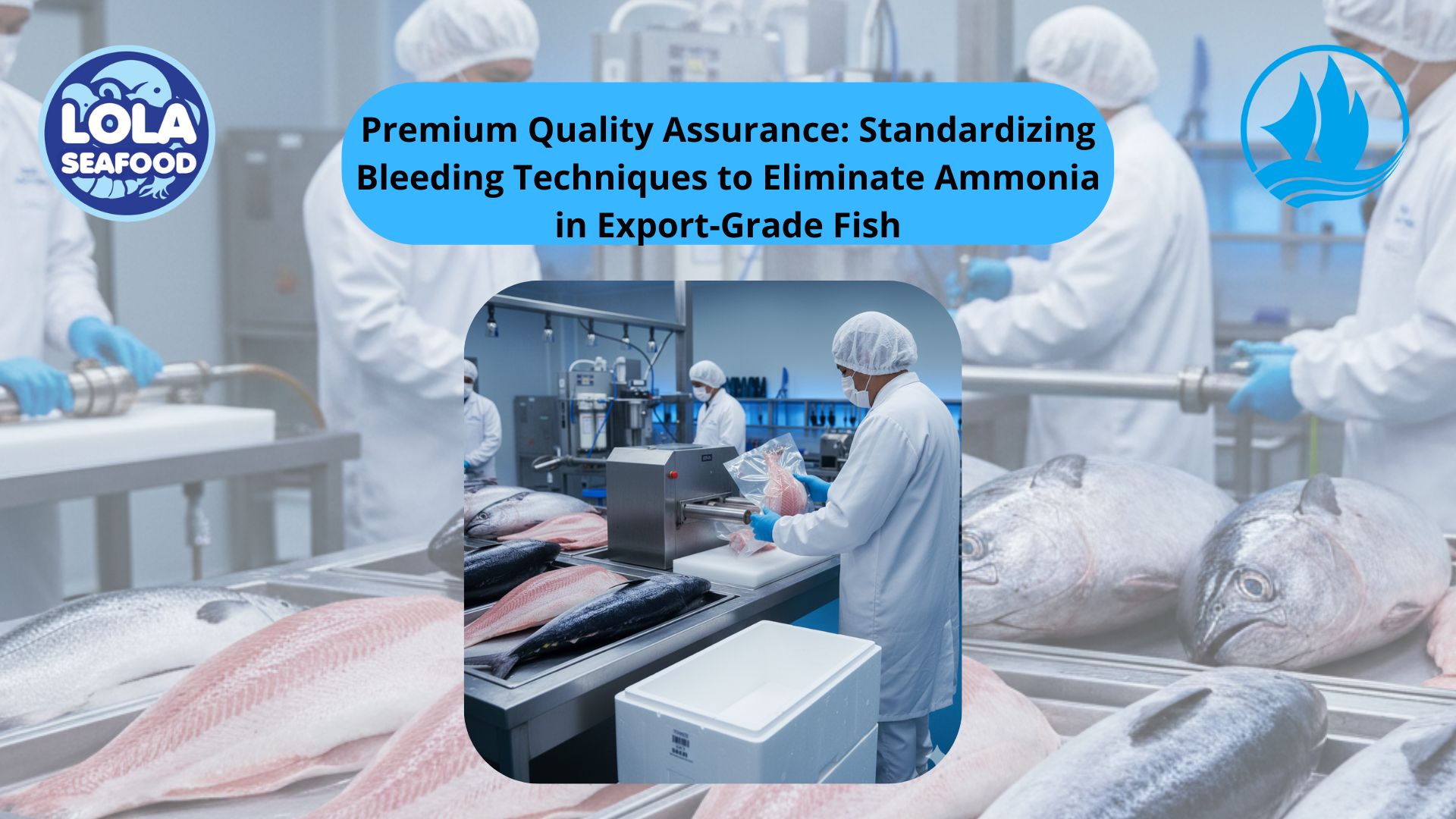
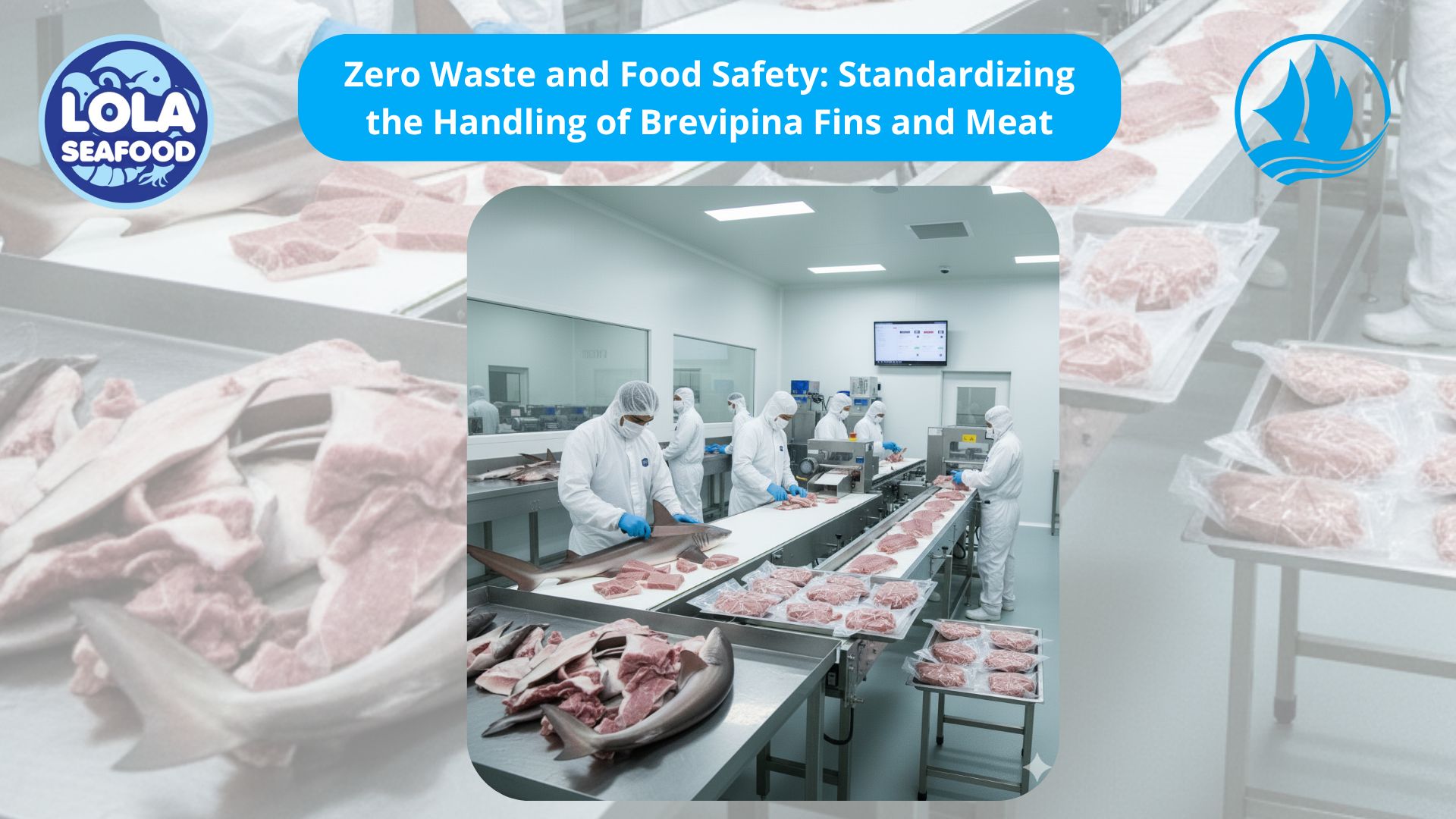

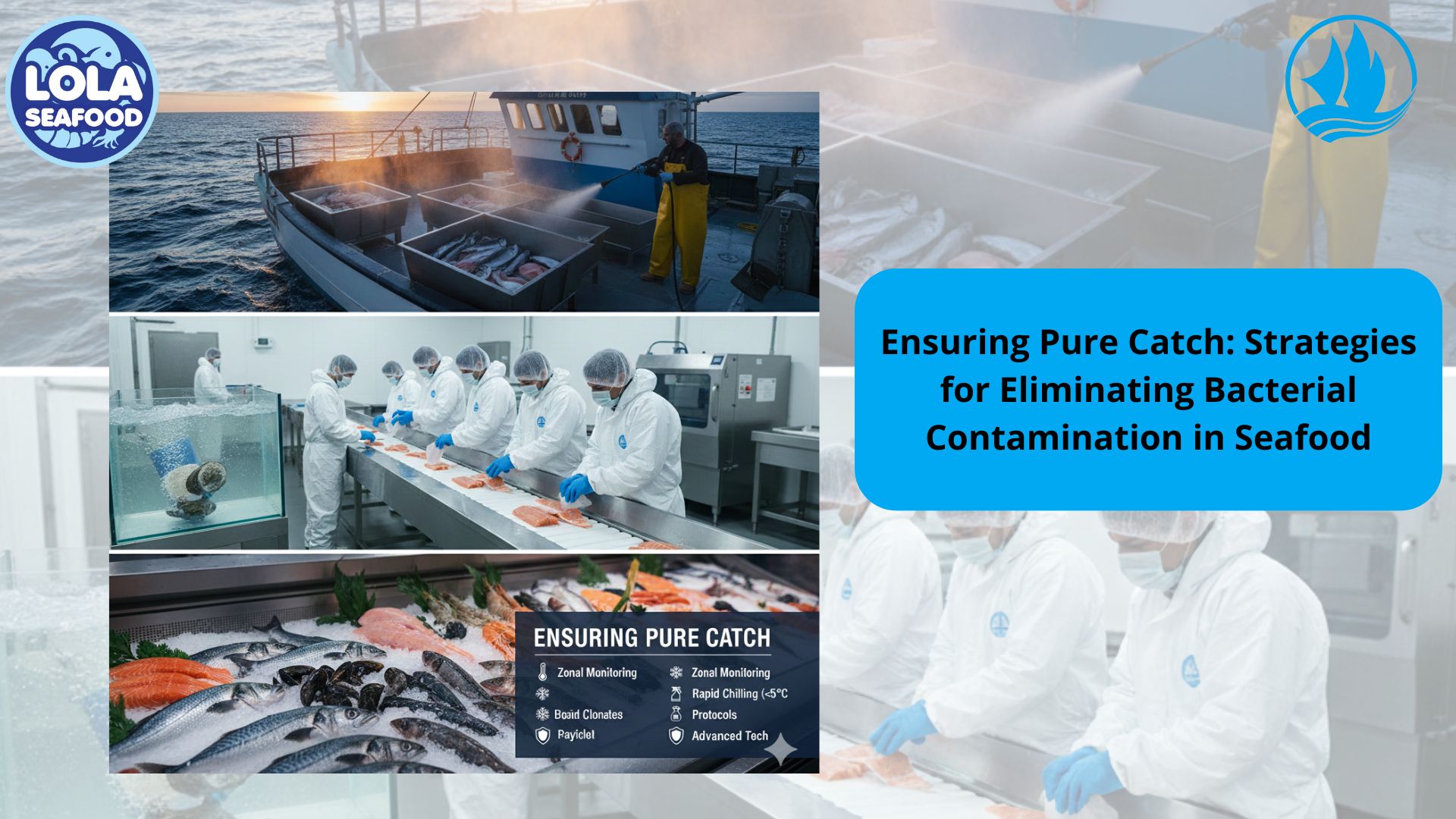
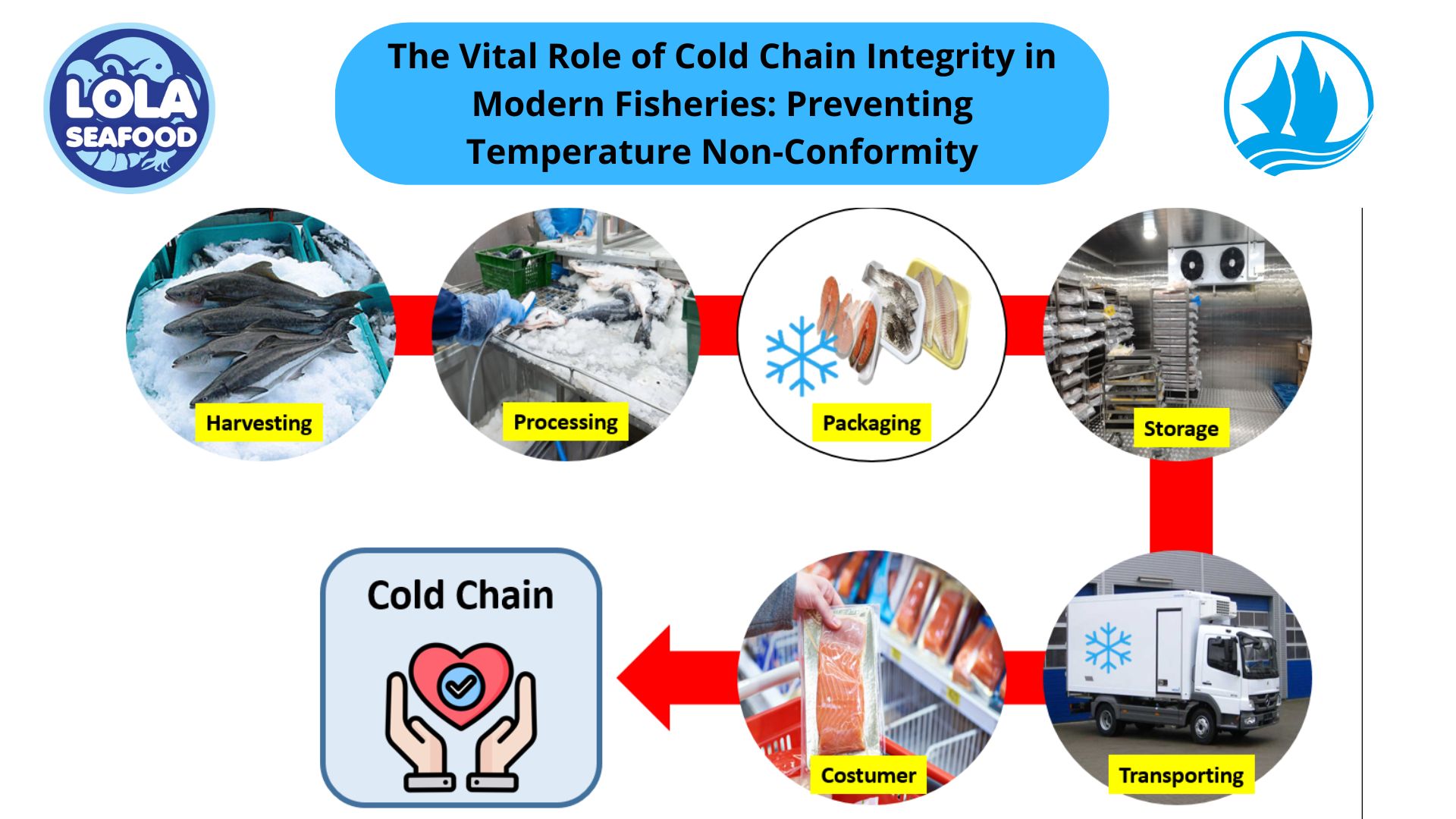
.jpg)
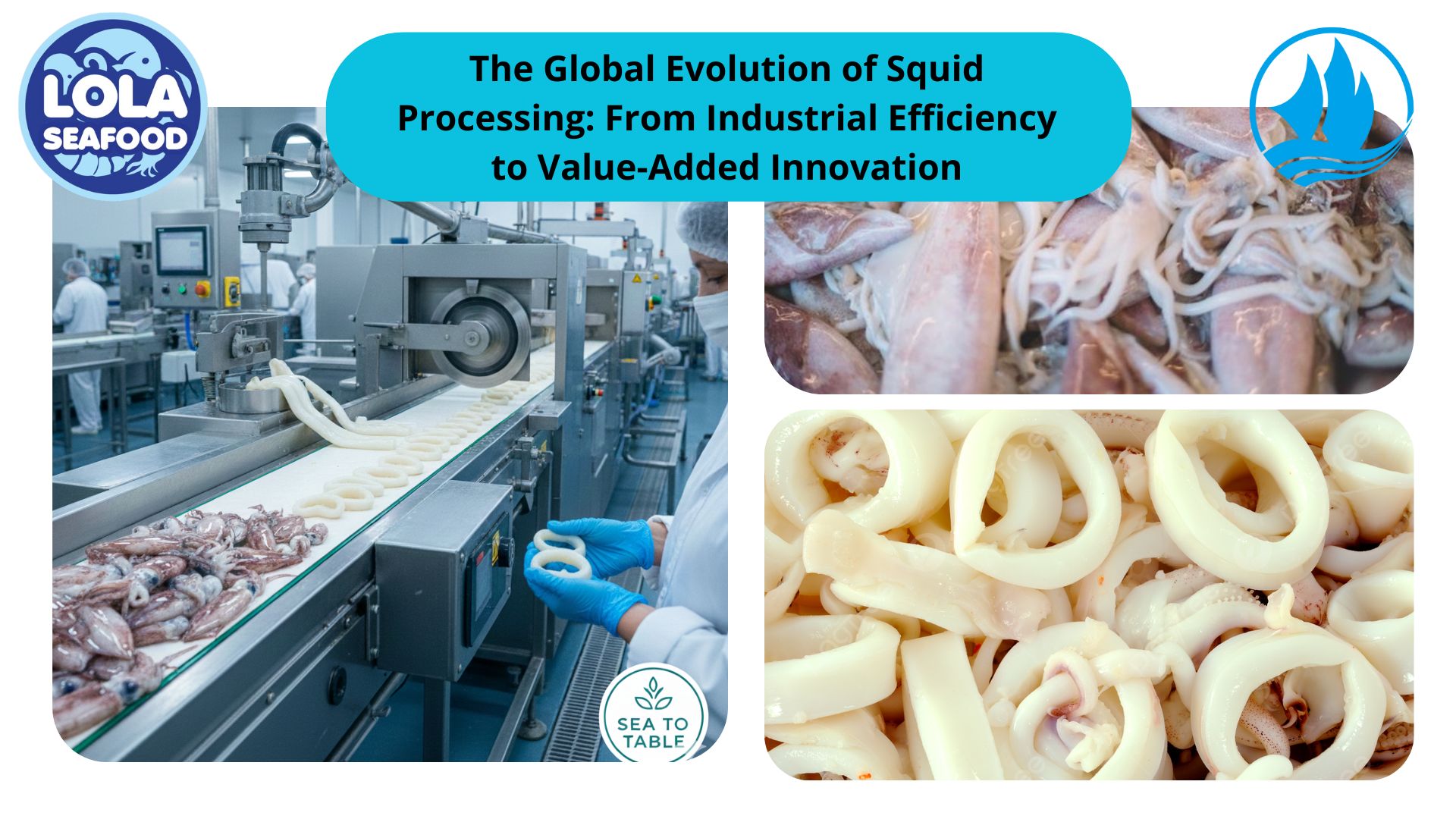
.jpg)